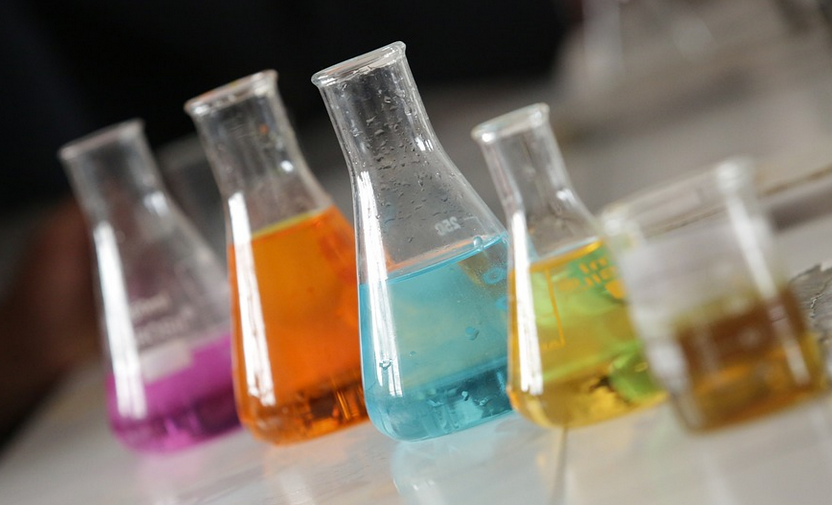The Science behind Solubility
Solubility is a term used to describe how easily a substance dissolves in a solvent. It is an essential concept in chemistry and plays a crucial role in various industrial processes. In simple terms, solubility is the ability of a substance to dissolve in a given solvent. The solubility of a substance depends on various factors such as temperature, pressure, and the nature of the solvent and solute.
Gasoline and Its Composition
Gasoline is a complex mixture of hydrocarbons that are derived from crude oil. The composition of gasoline varies depending on the source and refining process. It typically consists of compounds such as octane, heptane, and other hydrocarbons. Gasoline is primarily used as a fuel for internal combustion engines.
Water and Benzene
Water and benzene are two solvents commonly used in chemical processes. Water is a polar solvent, which means that it has a partial positive charge on one end and a partial negative charge on the other. Benzene, on the other hand, is a nonpolar solvent, which means that it has no partial charges.
The Solubility of Gasoline in Water
Gasoline is not soluble in water because it is a nonpolar substance, and water is a polar solvent. Nonpolar substances tend to dissolve in nonpolar solvents, while polar substances dissolve in polar solvents. Therefore, gasoline will not mix with water and will float on its surface.
The Solubility of Gasoline in Benzene
Benzene is a nonpolar solvent, which means that it can dissolve nonpolar substances such as gasoline. Gasoline is more soluble in benzene than in water because both are nonpolar substances. However, the solubility of gasoline in benzene depends on the composition of gasoline and the temperature and pressure of the system.
The Importance of Solubility
Solubility plays a crucial role in various industrial processes such as the production of pharmaceuticals, paints, and dyes. Understanding the solubility of a substance in a given solvent is essential in determining the appropriate conditions for a chemical reaction. It also helps in the purification of substances and in the separation of mixtures.
Conclusion
In conclusion, gasoline is more soluble in benzene than in water because both are nonpolar substances. The solubility of gasoline in benzene depends on various factors such as the composition of gasoline, temperature, and pressure. Solubility is a vital concept in chemistry and plays a crucial role in various industrial processes.

